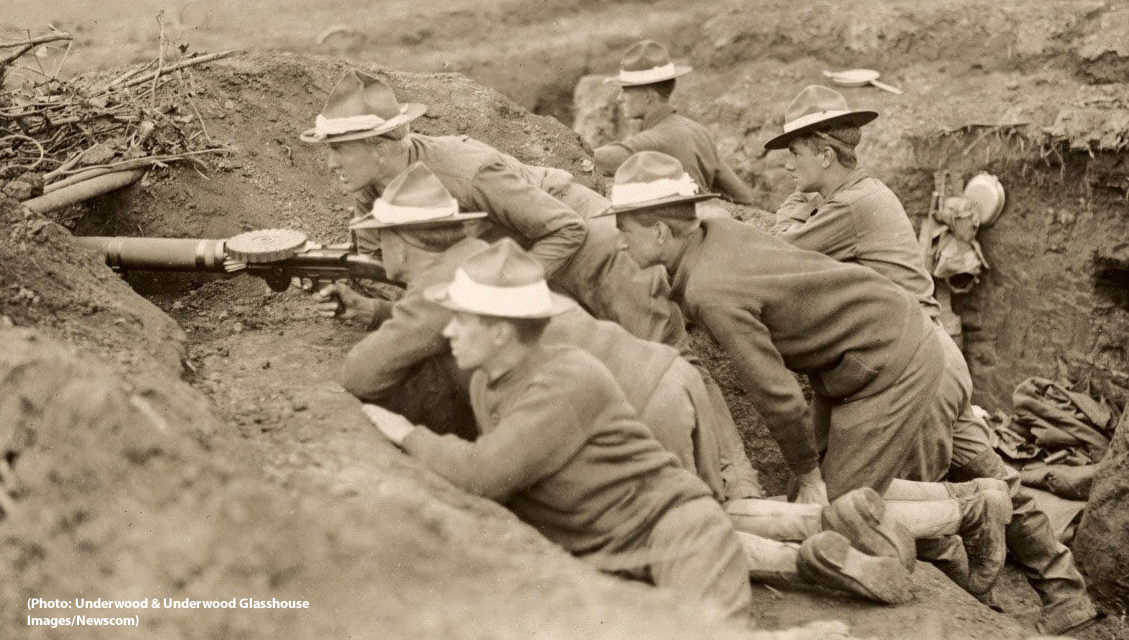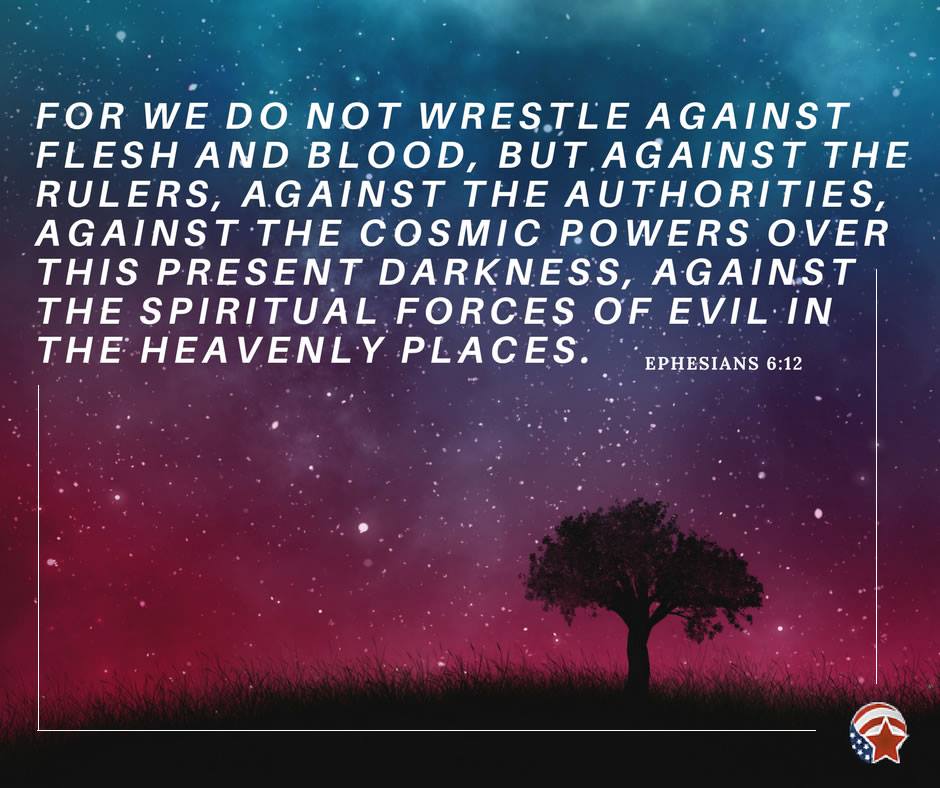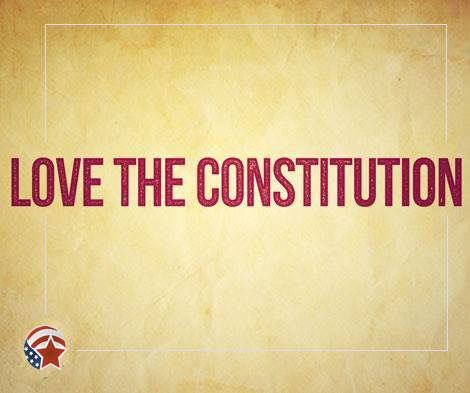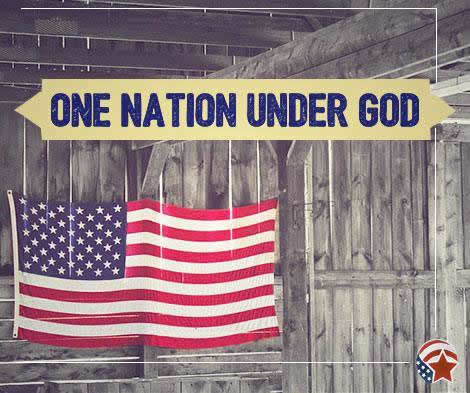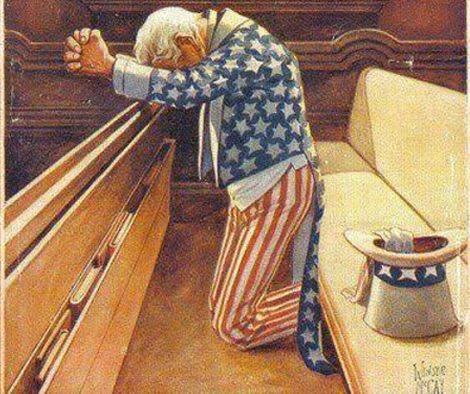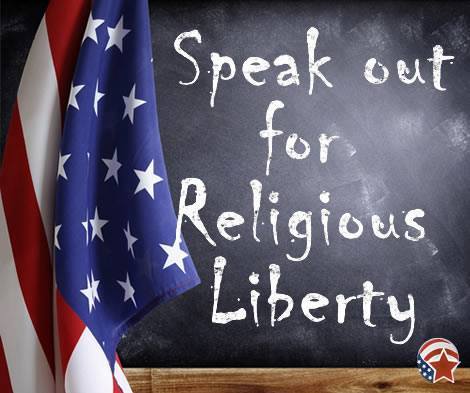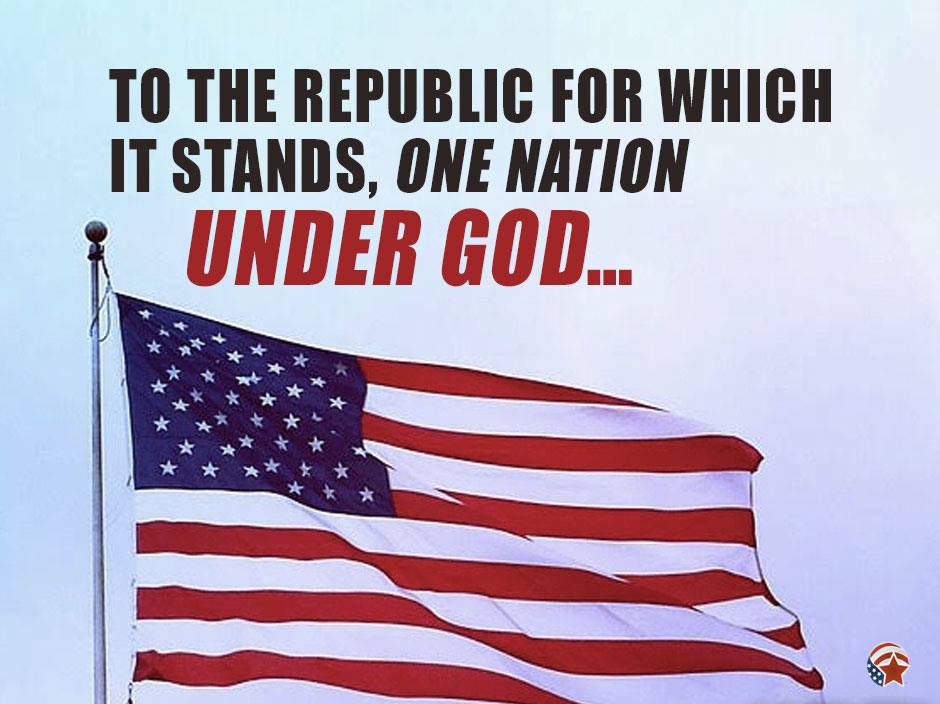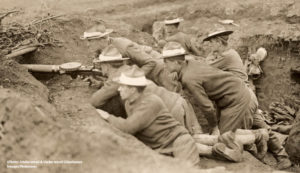 “The Great War” began in 1914 between Germany and its allies, and England and France and their allies.
“The Great War” began in 1914 between Germany and its allies, and England and France and their allies.
Battles were fought in Europe, Africa, the Middle East, the Pacific Islands, China, and off the coast of South and North America. This war was emblematic across the world with what came from it, including Iconic WW1 Vehicles that, to this day, are still remembered and adored by people all over who see them as part of the strength of getting soldiers through during these harrowing times.
One of the reasons for World War I was access to Middle East oil.
In the article “Falling Empires and their Currencies” (Centre for Research on Globalization, Global Research, January 15, 2007), Rolf Nef wrote of circumstances leading up to the war:
“France after Waterloo (1815) had been militarily beaten … The 19th century was the time when the British upper class had the time to spend…plunder from its colonies …
When (German Chancellor) Bismarck started war against France in 1871, London found it … to her advantage to have a weakened France.
But the defeat of France gave birth not only to a new united Germany under Bismark and Prussia, but also to a new economic powerhouse, Germany …”
Rolf Nef continued:
“Britain, where the first Kondratieff cycle (50 years of economic growth followed by depression) started with the steam engine fell into a heavy depression by 1873.
But Germany started the new Kondratieff cycle with diesel, gasoline and electric engines (founders were all German: Messers. Diesel, Otto and Siemens).
Soon Germany was producing more steel than England.
The new source of energy, oil, made the German war ships faster than the English one, something of great concern to London.
Deutsche Bank and Georg von Siemens initiated the Baghdad railway, which went from Berlin through the Austrian Empire, Serbia and into the Ottoman Empire to the oil fields in Kirkuk, north of Baghdad (oil was at that time only known in Baku, Russia, Kirkuk and Pennsylvania) …
The new German rail link with Baghdad was out of range of British sea power and their controlled waterways.
The alarm bells went on in Whitehall (London’s government district) …”
Rolf Nef continued:
“When a young new German … Wilhelm II, became Kaiser in 1888, he began to assert his own role in foreign policy in direct challenge to the system of the Iron Chancellor, Bismark, who had carefully forged a system of alliances around Germany to ensure her peace and economic freedom.
In 1890, Bismarck, got sacked by Kaiser Willhelm, because Wilhelm wanted colonies and Empire like his relatives who were monarchs in England, France and Spain.
With Bismark gone, the British decided for a war, one in which the Continental powers would crucify each other.
Britain calculated she could easily break up the tottering Ottoman Empire in order to get Mesopotamia with Kirkuk and its oil under control, to pull the plug on the emerging German oil line to Baghdad
and to take Mesopotamia and the oil-rich Middle East including Persia itself.
The plan is what became known in history as World War I …”
Rolf Nef continued:
“It didn’t quite turn out as hoped by London.
Instead of being a war lasting a few weeks as had been expected, the undertaking was huge and costly, lasted over four years, cost millions of lives and was fought on a global theater …
End June (1914) the Prince of Austria, Francis Ferdinand, heir to the Austro-Hungarian Empire, got shot in Sarajewo.
That event started the war with the declaration of Austria against Serbia, which in turn drove Russia against Austria and kick-started all the tangled web of mutual defense treaties across Europe.
By August 1914, Russia, Austria, Germany, France and UK were all at war.”
With the world preoccupied with war, Ottoman Turks took the opportunity to kill millions of non-Muslims in the Greek Genocide, Assyrian Genocide and Armenian Genocide.
The strain of over 3 million Russians being killed in World War I led to the assassination of Tsar Nicholas II, followed by the Bolshevik Revolution.
As the war progressed longer than anyone had anticipated, the British grew desperately short of ammunition.
Jewish biochemist Chaim Weizmann developed a bacterial fermentation process of ethanol-butanol-acetone which greatly helped Britain in manufacturing explosives.
Chaim Weizmann had helped organize the Palestine Land Development Company so Jews could resettle their ancient homeland.
Though President Woodrow Wilson’s re-election slogan was “He Kept Us Out of War,” the United States was covertly supplying ammunition to the British.
The ship Lusitania had been the largest and most sumptuous passenger ship in the world for a time.
Intelligence sources leaked that the Lusitania, in addition to passengers, was carrying ammunition to the British.
The Imperial German Embassy published advertisements in 50 American newspapers warning passengers not to board the Lusitania.
On May 1, 1915, the Lusitania departed from New York to Liverpool, England, sailing south of Ireland in an area Kaiser Wilhelm’s Imperial forces had declared a “war zone.”
On May 15, a German U-boat fired a torpedo which struck the Lusitania, and it sank in 18 minutes, killing 1,198.
The crises caused an immediate change in public opinion and the United States entered World War I on APRIL 6, 1917.
The sinking of the Lusitania is considered by many as one of the instances of an incident surrounded by unanswered questions that was used as a pretense for military intervention, (ie., Dutch fleet failing to dip flag in salute to British in 1652 igniting Anglo-Dutch Wars; sinking of the USS. Maine in Havana’s Harbor; Japan’s Liutiaohu Railroad Incident, Turkish report of Mustafa Kemal Ataturk home bombed, attack on Pearl Harbor, Gulf of Tonkin Incident, etc.)
Americans began arriving in Europe at the rate of 10,000 a day to fight “the Hun.”
The United States enlisted 4 million soldiers and spent 35 billion dollars.
World-wide, over 70 million military personnel were mobilized.
George M. Cohen wrote the popular song, “Over There,” for which he was awarded a Congressional Gold Medal by President Franklin Roosevelt in 1936:
“Over there, over there,
Send the word, send the word over there
That the Yanks are coming,
the Yanks are coming
The drums rum-tumming everywhere.
So prepare, say a prayer,
Send the word, send the word to beware –
We’ll be over, we’re coming over,
And we won’t come back till it’s over, over there.”
On May 30, 1917, President Woodrow Wilson addressed the Grand Army of the Republic:
“In the providence of God, America will once more have an opportunity to show the world that she was born to serve mankind.”
On April 16, 1917, President Woodrow Wilson stated:
“This is the time for America … I hope that the clergymen will not think the theme of it an unworthy or inappropriate subject of comment and homily from their pulpits.”
Germany’s Red Baron dominated the skies. Eddie Rickenbaker joined the 94th Aero Pursuit Squadron which destroyed 69 enemy aircraft.
A pilot in Rickenbacker’s squadron was Theodore Roosevelt’s son, Quentin, who was unfortunately shot down in a dogfight, July 14, 1918.
Pope Benedict XV, August 1, 1917, offered to mediate peace between European Powers:
“Do not … turn a deaf ear to our prayer, accept the … invitation which we extend to you in the name of the Divine Redeemer, Prince of Peace.
Bear in mind your very grave responsibility to God and man; on your decision depend…the lives of thousands of young men.”
On September 3, 1917, President Woodrow Wilson wrote to the National Army:
“My affectionate confidence goes with you in every battle and every test. God keep and guide you!”
On October 19, 1917, President Woodrow Wilson issued a Proclamation of a National Day of Supplication and Prayer:
“Congress, in view of the entrance of our nation into the vast and awful war which now afflicts the greater part of the world,
has requested me to set apart by official proclamation a day upon which our people should be called upon to offer concerted prayer to Almighty God for His divine aid in the success of our arms …
It behooves … a nation which has sought from the earliest days of its existence to be obedient to the divine teachings which have inspired it in the exercise of its liberties,
to turn always to the Supreme Master and cast themselves in faith at His feet,
praying for His aid and succor in every hour of trial, to the end that the great aims to which our fathers dedicated our power as a people may not perish …
Therefore, I, Woodrow Wilson, President of the United States … appoint a day … exhorting all my countrymen … in solemn prayer that God’s blessing may rest upon the high task which is laid upon us.”
On November 7, 1917, President Woodrow Wilson issued a Proclamation of a National Day of Thanksgiving and Prayer:
“Even in the midst of the tragedy of a world shaken by war and immeasurable disaster … we can see the great blessings God has bestowed upon us …
We have been given the opportunity to serve mankind as we once served ourselves in the great day of our Declaration of Independence, by taking up arms against a tyranny that threatened to master and debase men everywhere …
Our duty not only to defend our own rights as a nation but to defend also the rights of free men throughout the world.”
On December 4, 1917, President Woodrow Wilson addressed Congress:
“A supreme moment of history has come … The hand of God is laid upon the nations. He will show them favor, I devoutly believe, only if they rise to the clear heights of His own justice and mercy.”
In 1917, President Woodrow Wilson, former President Theodore Roosevelt and General John J. Pershing wrote Prefaces to New Testaments which were given out by the thousands to World War I soldiers.
President Wilson gave an Executive Order to the Army and Navy, January 20, 1918:
“The President, commander in chief of the Army and Navy … enjoins the orderly observance of the Sabbath by the officers and men in the military and naval service of the United States.
The importance for man and beast of the prescribed weekly rest, the sacred rights of Christian soldiers and sailors, a becoming deference to the best sentiment of a Christian people, and a due regard for the Divine Will
demand that Sunday labor in the Army and Navy be reduced to the measure of strict necessity.”
On May 11, 1918, President Wilson proclaimed a National Day of Fasting:
“It being the duty peculiarly incumbent in a time of war humbly and devoutly to acknowledge our dependence on Almighty God and to implore His aid and protection …
a Day of Public Humiliation, Prayer and Fasting … be observed by the people of the United States with religious solemnity
and the offering of fervent supplications to Almighty God for the safety and welfare of our cause, His blessings on our arms, and a speedy restoration of an honorable and lasting peace to the nations of the earth …
Therefore, I, Woodrow Wilson, President of the United States of America, do hereby proclaim … do exhort my fellow-citizens of all faiths and creeds to assemble on that day in their several places of worship and there, as well as in their homes, to pray Almighty God that He may forgive our sins … and to purpose only those righteous acts and judgments which are in conformity with His will; beseeching Him that He will give victory to our armies as they fight for freedom.”
Less than a month later, May 28, 1918, four U.S. divisions were deployed with French and British troops and they won the B attle of Cantigny, America’s first offensive of the war.
On October 8, 1918, an American battalion was pinned down by machine gun fire along the Decauville rail-line north of Chatel-Chehery, France.
Sergeant Alvin. C. York described:
“The Germans got us … They stopped us dead in our tracks. Their machine guns were up there on the heights overlooking us and well hidden, and we couldn’t tell for certain where the terrible heavy fire was coming from …
Those machine guns were spitting fire and cutting down the undergrowth all around me.”
With all but 8 of his platoon killed, Sergeant York took charge and proceeded to take out 32 machine guns, kill 28 of the enemy and take 132 captive.
Sergeant Alvin. C. York received the Medal of Honor. His story, edited by Tom Skeyhill, was printed in The Washington Post, March 17, 1929:
“Some of them officers have been saying that I being a mountain boy and accustomed to the woods … done all these things the right way jes by instinct …
I hadn’t never got much larnin’ from books, except the Bible. Maybe my instincts are more natural … but that ain’t enough to account for the way I come out alive, with all those German soldiers raining death on me …
I’m a-telling you the hand of God must have been in that fight …
Jes think of them 30 machine guns raining fire on me point-blank from a range of only 25 yards and all them-there rifles and pistols besides those bombs, and then those men charged with fixed bayonets, and I never receiving a scratch, and bringing 132 prisoners.
I have got only one explanation … that God must have heard my prayers.”
Just listening to that story can make anyone feel a sense of fear and pride for those who valiantly fought for their country, that is why nowadays people are so enthralled with what happened during the war and will read all about pistols, tanks, the men who fought, and so on because it is cemented within the history of the world.
Sergeant York’s story was turned into the movie ‘Sergeant York’ starring Gary Cooper.
The highest grossing movie of 1941, York donated his proceeds to fund a Bible college, The York Bible Institute.
On November 11, 1918, the war ended with the signing of the Armistice.
World War I left combined casualties of nearly 18 million killed or missing and 20 million wounded.
Five days after the signing of the Armistice, President Wilson proclaimed a National Day of Thanksgiving and Prayer:
“Complete victory has brought us, not peace alone, but the confident promise of a new day … God has indeed been gracious …
While we render thanks for these things, let us not forget to seek the Divine guidance in the performance of those duties, and divine mercy and forgiveness for all errors of act or purpose …
Wherefore, I, Woodrow Wilson, President of the United States of America, do hereby designate … a day of thanksgiving and prayer,
and invite the people throughout the land to cease upon that day from their ordinary occupations and in their several homes and places of worship to render thanks to God, the Ruler of Nations.”
President Wilson said in his 6th Annual Address, December 2, 1918:
“What we all thank God for with deepest gratitude is that our men went in force into the line of battle just at the critical moment when the whole fate of the world seemed to hang in the balance.”
Courtesy of Bill Federer: http://www.americanminute.com

